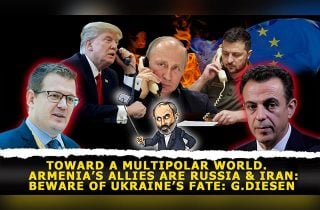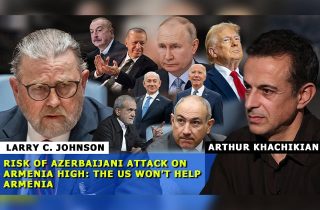And Antonioni Demanded a Helicopter in Yerevan…
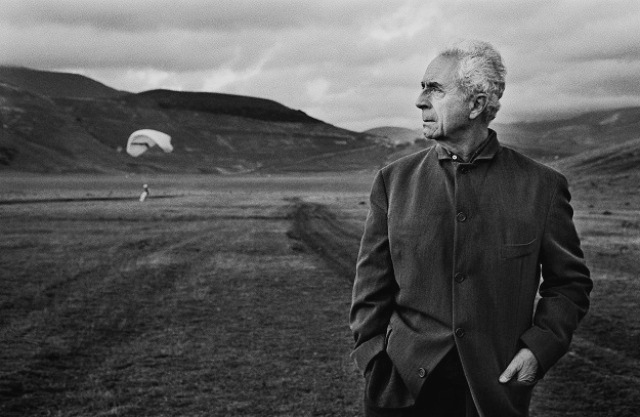
Very little is known of Michelangelo Antonioni’s visit, famous Italian film director, to Armenia in 1976. Reasons are quite numerous. Firstly, the visit was short, then it didn’t serve its purpose-the program remained unaccomplished, and finally, according to some sources, Antonioni left Armenia not with high mood and impressions.
Antonioni visited the USSR with well-known scriptwriter Tonino Guerra.
It’s worth noting, however, that Guerra, being in close ties with our country, avoided to touch upon that visit, although, later on, in his book “Seven days of life” his trip to Yerevan was slightly mentioned. In any case, getting back to 1976, it’s noteworthy to state, that purpose of Italian artists’ visit was work-they were going to shoot Soviet-Italian joint movie. Script of “The kite” movie was rich in dreamlike elements. The topic hinted that shootings should be performed in Central Asia or Caucasus. This is the reason that with expectation of searching for images and surrounding, the group of Italians first left for Uzbekistan from Moscow, and then arrived in Armenia.
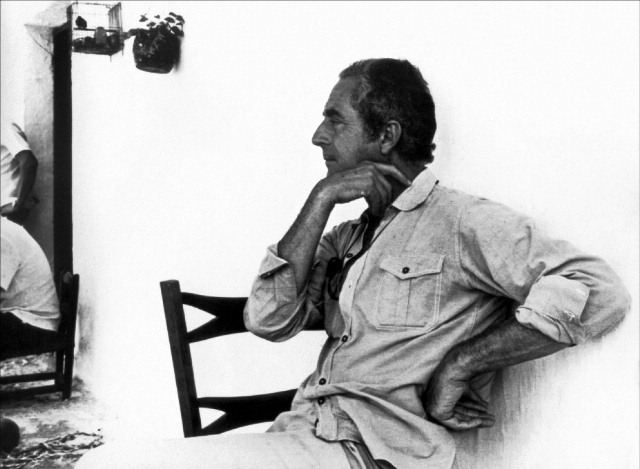
According to eyewitnesses, they have been properly welcomed in Armenia. A translator accompanied the guests, and surely, special service officers. Supposedly, a visit program was prepared for them, which, however, remained unfulfilled. It’s known, for instance, that Antonioni visited Modern Art Museum of Yerevan, praised some painters, and even was given a painting, as a gift. However, unfortunately, not everything went in warm atmosphere and without tension. Like it or not, a range of reasons emerged, which shadowed this or that episode of the visit. One of them undoubtedly may be distinguished: ideological-political.
The thing is, recent information on Italy on those days, which were known to citizens of Soviet Armenia, were murder consequences of Pierre Pasolini, director and writer, follower of Marxist views. Besides the fact, that the Soviet propaganda reflected the mystic murder as a political revenge against Italian communist, they also knew here, that Antonioni and Pasolini not often were amicable and shared many issues.
This circumstance was enough to pose questions to the guest on Pasolini’s death and their relations. This irritated Antonioni, who though Armenians could have been a little delicate towards both himself and memory of the deceased. However, likewise facts in no way smoothed the situation.
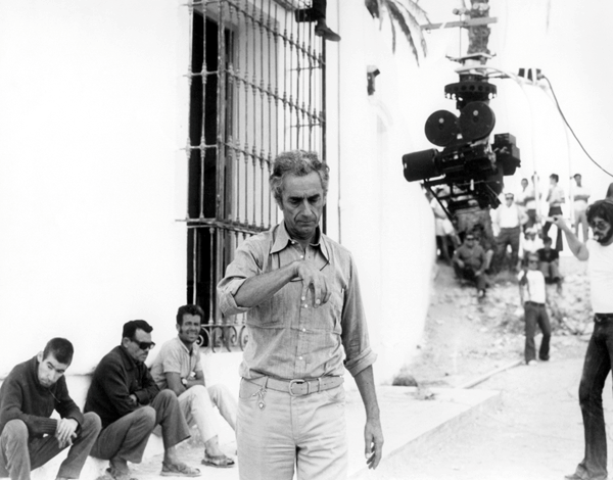
Preparation works on the film weren’t developing in the desired way. Talks and agreements were not clear, searched images weren’t found, and some didn’t just imagine, what great Italian wanted. Antonioni’s “unbearable” categoricity greatly benefitted to all these.
Antonioni mostly was a gloomy person in nature. And sometimes, in certain issues was revealing cavil, which was assessed by people surrounding him as а caprice of a fanciful person. It’s told, that during the days spent in the USSR he demanded a high-quality fridge for his room in one place, ordered to find the cream he applied on his skin in the other place, and refused to get off, although he left for a meeting in a third place. And in Yerevan his “specific” rigor turned into a real scandal.
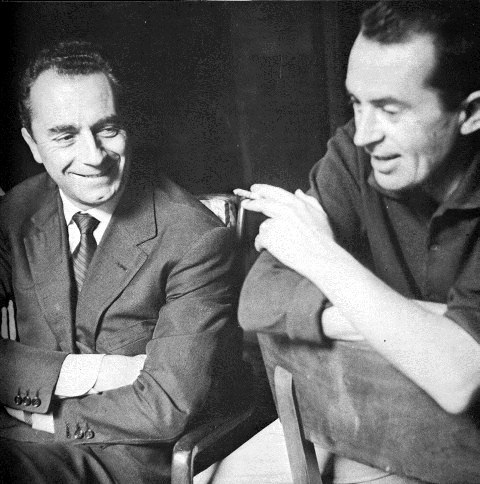
A few variants circulate around that regretful case. According to one of them, it occurred in a Yerevan hotel, at night. Antonioni was about to sleep, when suddenly notices a big spot on his pillow. At that moment, angry Antonioni rushes to the corridor and loudly announces, that he’s not going to stay any minute in that city, and that a private helicopter was immediately provided for departure from Yerevan. Of course, no one provided a helicopter (the Soviet Union wasn’t Italy at all), but the following day, he went to the airport and left for Baku.
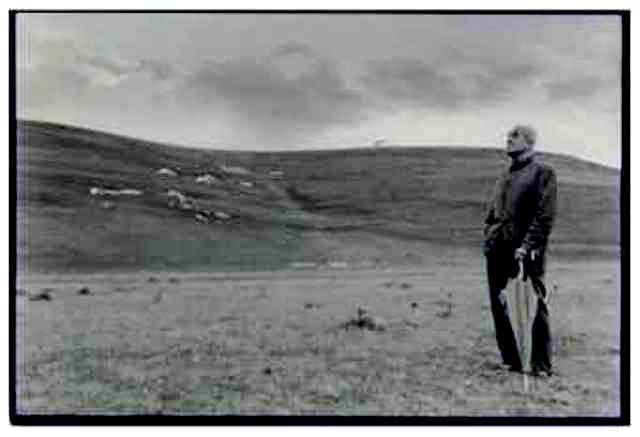
Finally, it’s worth adding, that the project on producing a film in the USSR completely failed. Rumors are spreading, that the parties didn’t agree on copyright and other technical arrangements. As for the easy-to-please guest, after departure, however, Antonioni sent a letter to Armenia, to his new acquaintances. But they were just letters…
By Hovik Charkhchyan










